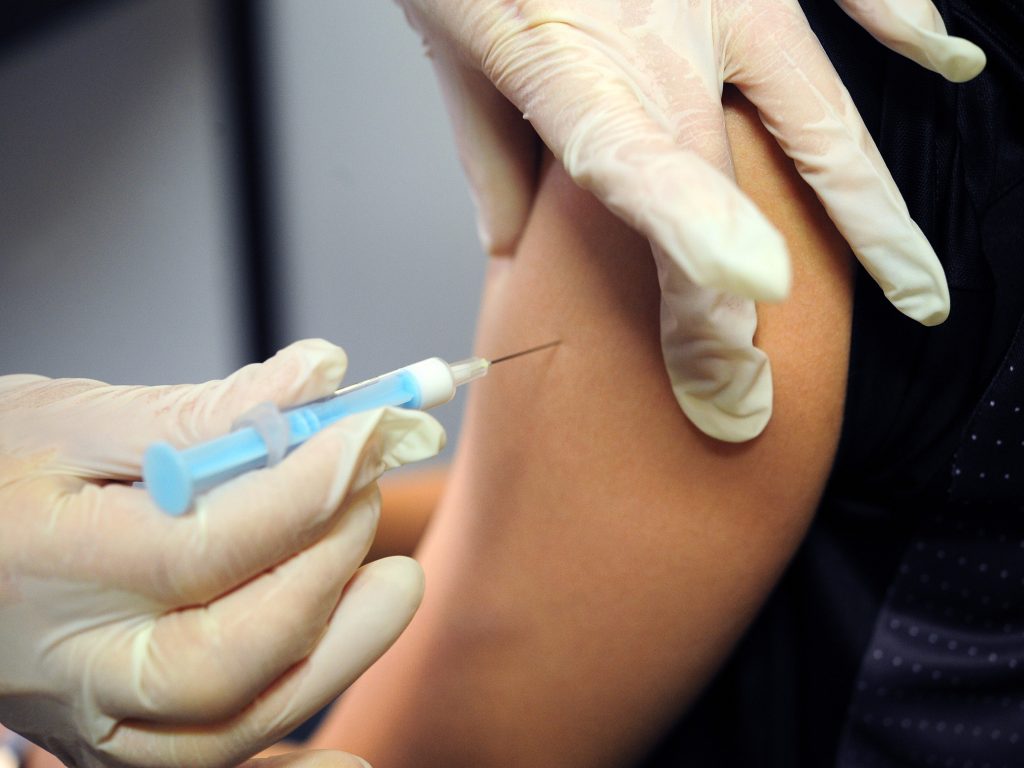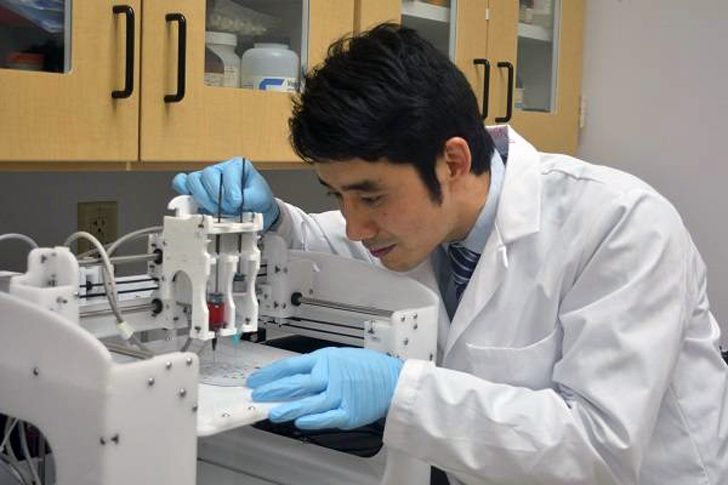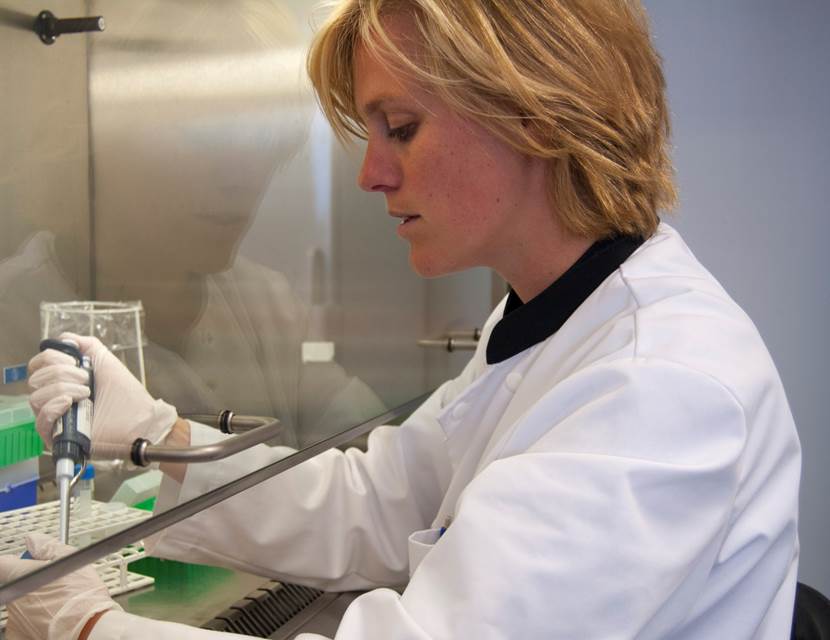Acne Vaccine: Scientists from the University of California at San Diego are working on developing a vaccine that could treat skin problems like acne. “Acne is partly caused by a bacterium that we have on us all our lives,” explains Eric C. Huang, a professor at the origin of the research. “But we must not eradicate this bacterium because it is somehow good for us.” Dr. Huang told us that his team had found an antibody against a protein of this bacterium, called P. acnes, that would be responsible for the inflammatory reaction of acne.
Acne Vaccine: Clinical Trials
This vaccine will require extensive clinical trials before being commercialized, which could take up to two years. Acne affects nearly 20% of Canadians, or 5.6 million, according to the Canadian Dermatology Association. If this skin condition affects about 90% of adolescents, 20-30% of adults between 20 and 40 years of age affected. The vaccine developed by US researchers is now in the clinical stage. That could change. The University of California, where work is done so far, has just signed a two-year partnership with Sanofi Pasteur.
The vaccine specialist, who invests 4.5 billion euros each year in the research and development of medicines, intends to bring about the latter born. The goal is to develop a successful vaccine to prevent acne and to neutralize “Propionibacterium acnes,” the bacteria associated with this inflammatory skin disease. Elias Zerhouni, Sanofi’s World President, Research, and Development, set the tone: “Our approach could result in the development of an immunotherapeutic product that will meet an unmet health need.”

Acne Vaccine: New Approaches
The news should delight many teenagers who, up to 85%, affected by acne at the time of their puberty. Everyone would like to do without this painful disease, more or less severe and sometimes painful. The causes of its appearance on the skin are still blurry, and experts lean towards a lack of hygiene, an unbalanced diet, hormonal factors, or even stress—acne characterized by an inflammatory dermatosis accompanied by a formation of comedones. The responsible bacterium is present in the sebaceous gland. It secretes inflammatory substances that attack the fat of sebum. And, as Louis Dubertret, professor emeritus of dermatology, adds: “When the gland begins to sebum, the evacuation channel is often blocked, encumbered by the debris of skin and fat, from which the appearance of blackheads or whiteheads.
At this stage, the gland, which can not empty itself, grows larger and eventually becomes inflamed, causing the appearance of microcystins. Acne usually disappears at the end of adolescence. For the time being, and while awaiting this possible vaccine, the best ways to get rid of acne remain good hygiene and regular cleansing of the skin.


